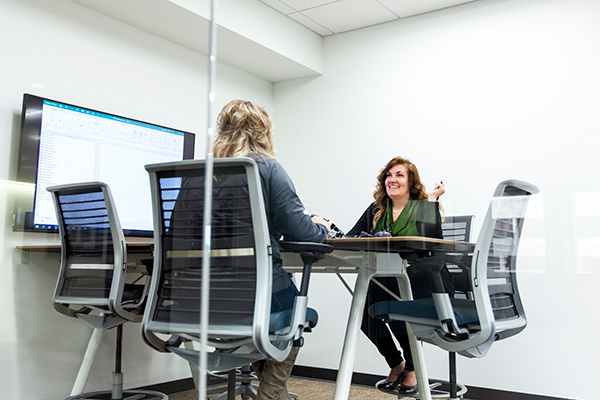Reassessing your manufacturing practices, assets, and employee policies can help ensure you’re better protected from the unexpected.

Business insurance may not always be top of mind, but as a manufacturer, keeping your coverage up-to-date can be critical to your operation. Whether you renew in the first quarter or later in the year, annually reassessing your products, processes, and policies helps ensure your coverage meets your current business operations—particularly if you’re considering a change in insurance providers.
The value of any policy is finding coverage that accounts for all potential losses and liabilities. Give yourself plenty of time to rethink how your business has grown or changed over the past year. Starting the process 60 to 90 days before your renewal will let you assess any necessary updates and give you enough time to compare policies.
Your insurance agent can also help determine what coverage amounts and policies best protect your manufacturing operation. In my role with Sentry Insurance, I work with many manufacturers to assess their needs as their business evolves. Read on for some recommendations that can help you determine what updates may better protect your business when it’s time to renew your insurance.
Consider the following questions to help reassess your current business needs and current insurance coverage:
Accounting for all the ways your business has changed since your last renewal will help you immediately flag any areas where you may be missing an important policy or need to increase or decrease coverage amounts. Discuss these updates with your insurance provider before your renewal, so they can provide recommendations and adjust your policy as necessary.
As a manufacturer, there are several factors you will want to pay special attention to when it comes time to renew. In my experience, these are the ones most likely to result in a major loss, unless you have the appropriate level of coverage.
The past several years have proven there’s no such thing as “business as usual.” Although they may not have been prominent concerns in the past, manufacturers should consider the following as they become more relevant across the industry:
While your operation may run like clockwork day to day, inevitable changes in your business from year to year mean you should also review and update your business insurance when it’s time to renew. I’ve condensed some information to give you a head start but everyone’s business presents a unique set of risks. Don’t let this replace the conversations you should be having with your insurer.

Chris Palmer is the national sales director for the direct writer segment with Sentry Insurance. Sentry provides commercial insurance and retirement products to manufacturers and businesses. Learn more at sentry.com.
Scott Ellyson, CEO of East West Manufacturing, brings decades of global manufacturing and supply chain leadership to the conversation. In this episode, he shares practical insights on scaling operations, navigating complexity, and building resilient manufacturing networks in an increasingly connected world.